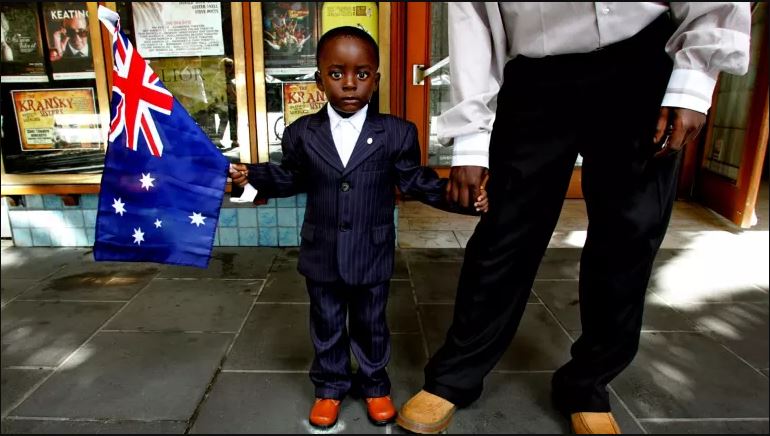Photo: Simone De Peak
People come here to get a better life, and they generally do. Those who don’t, leave.
If we can lift the living standard of people who would like to come here, without much harming (or even while enriching) our own, why shouldn’t we?
Here’s a quick run-through of some of the things that have been said about the harm migration is supposed to have done to our prosperous country.
Tony Abbott says it has held down wages. Indeed, “It is a basic law of economics that increasing the supply of labour depresses wages.”
It would have held down wages, had it not lifted the demand for labour at the same time, which is what happens when the population grows.
To see that this is true, imagine an Australia with only half its present population. Would wages be much different? Or imagine an Australia with the population it has now, but cut in two along a line separating Victoria, South Australia, Western Australia and Tasmania from NSW, Queensland and the Northern Territory. Each half would have roughly half Australia’s present population, but would its wages change much?
The Productivity Commission examined every piece of international evidence it could and found only “small (either positive or negative) effects”. Its own Australian modelling found only a “negligible” impact overall, but allowed for the possibility that immigration would make some workers worse off and some better off.
In the United States, leading immigration economist George Borjas has found persuasive evidence that it’s the least skilled who have been made the worst off and the most skilled the best off. But when Australian National University economists Robert Breunig, Nathan Deutscher and Hang Thi To set out to replicate his work in Australia they found no such thing. Which isn’t surprising. The US immigration program is skewed towards low-skilled arrivals, while the Australian program is skewed towards the high end.
They examined 40 different skill groups and found “no evidence” that immigration damaged the labour market outcomes of pre-existing Australians.
“If anything, there is some evidence for small positive associations,” they wrote.
It shouldn’t be surprising. Migrants bring with them, or make, money, which they use to buy houses, start businesses and educate their children. They employ people.
What if we don’t want all that activity? What if we want a more peaceful life with fewer traffic jams and shorter commutes?
It’s a future we would be denying would-be migrants, who often come from places far more crowded than Australia. That there are places worse than Australia suggests that Australia isn’t yet populated enough compared with the rest of the world. Anyone who gets out of our cities and looks at our coastline will have to agree.
FOR FULL STORY PLEASE CLICK THE LINK BELOW:
amp.smh.com.au/national/there-s-a-case-for-immigration-and-it-s-not-about-us-20180314-p4z4bk.html


 RSS Feed
RSS Feed